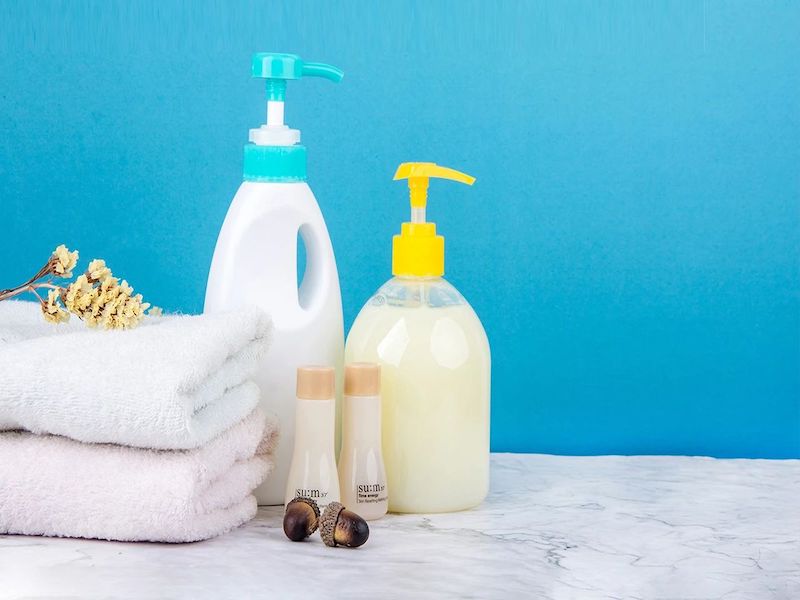
Basic instructions on making shower gel
2024-01-26 22:00Basic instructions on making shower gel
Classification of bath products
The early "shower gel" of the ancients used plant ash, which is equivalent to the function of soap. The main purpose of use is to clean the skin. However, today's shower gel not only needs to have cleaning functions, but also needs to have other functions such as moisturizing and nutrition.
Bath products are mainly divided into three categories: surfactant type, soap base type, and surfactant + soap base mixed type.

1. Surfactant form
Surfactant-based shower gels are mainly surfactants.
These include: sodium lauroyl sarcosinate, sodium laureth sulfate, disodium laureth succinate, cocamidopropyl betaine alkyl glycoside, etc.
The dosage is generally 5-20%
2. Soap base type
Soap-based shower gels are mainly fatty acids.
These include: lauric acid, myristic acid, palmitic acid, stearic acid, oleic acid, vegetable oil fatty acids, etc.
The dosage is generally 10-30%
3. Surfactant + soap base mixed type
Surfactant + soap base mixed shower gel mainly uses a mixture of surfactant + fatty acid.
These include: various surfactants + various fatty acids
The dosage is generally 5-30%
Shower gel basic frame composition
Main surfactant + auxiliary surfactant + thickener + esterifier + conditioner + auxiliary agent
a. Main surfactant (mainly plays a cleaning role)
Sodium lauroyl sarcosinate, sodium laureth sulfate, sodium cocoyl isethionate, sodium lauroamphoacetate, alkyl glycosides, laureth sulfate amine, methyl cocoyl oxalate sodium sulfonate
b. Auxiliary surfactant (mainly used to assist cleaning, such as foam stabilization and thickening)
Cocamidopropyl betaine, cocamide DEA, cocamide MEA, lauryl hydroxysulfobetaine, alkyl phosphates
c. Thickener (mainly to change rheological morphology)
Hydroxypropyl methylcellulose, acrylic thickener, sodium alginate 638, 120T, xanthan gum, inorganic salts
d. Esterifier (reduces skin astringency)
Jojoba oil, olive oil, C1618 alcohol, PEG-7 glyceryl cocoate, plant sterol esters, lanolin derivatives
e. Conditioning agents (mainly including appearance conditioning agents and skin conditioning agents)
Polyols such as glycerol, sorbitol, polyethylene glycol, sodium PCA, hydrolyzed proteins, EGDS, petals, cellulose powder
f. Auxiliary (functioning as chelating, antioxidant, PH adjustment, antiseptic, etc.)
EDTA2 sodium, citric acid, various preservatives, flavors
